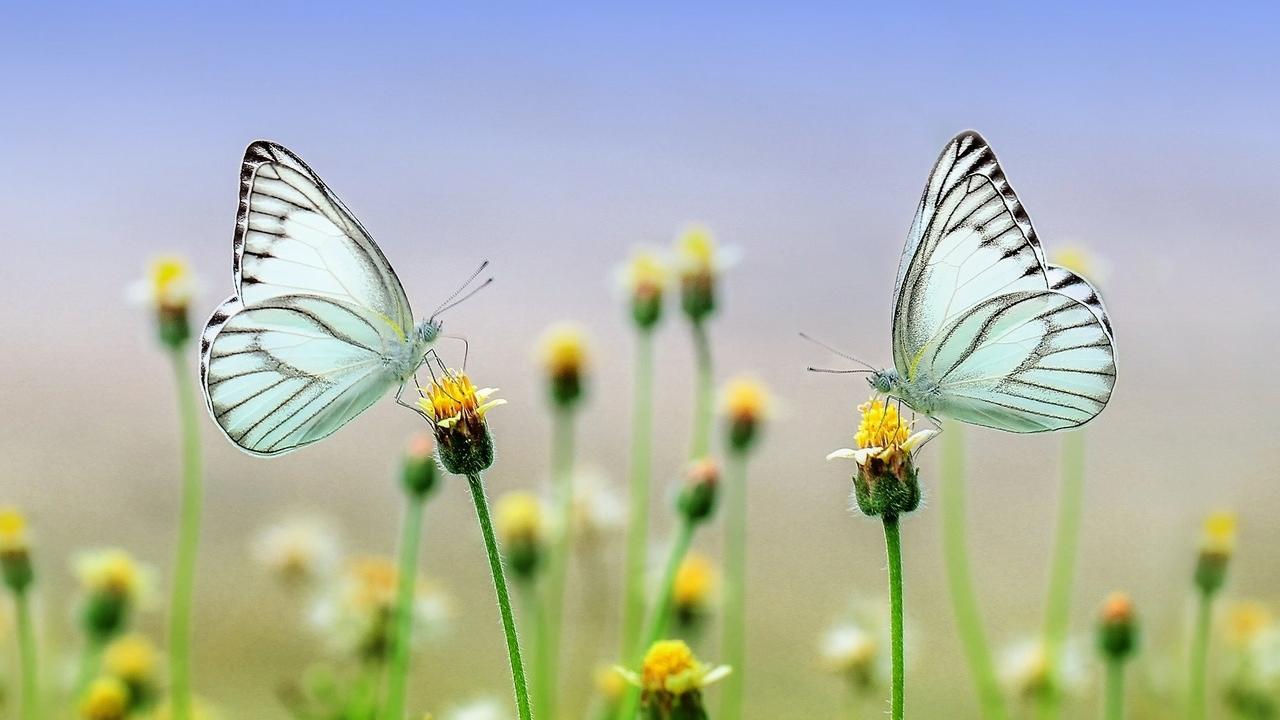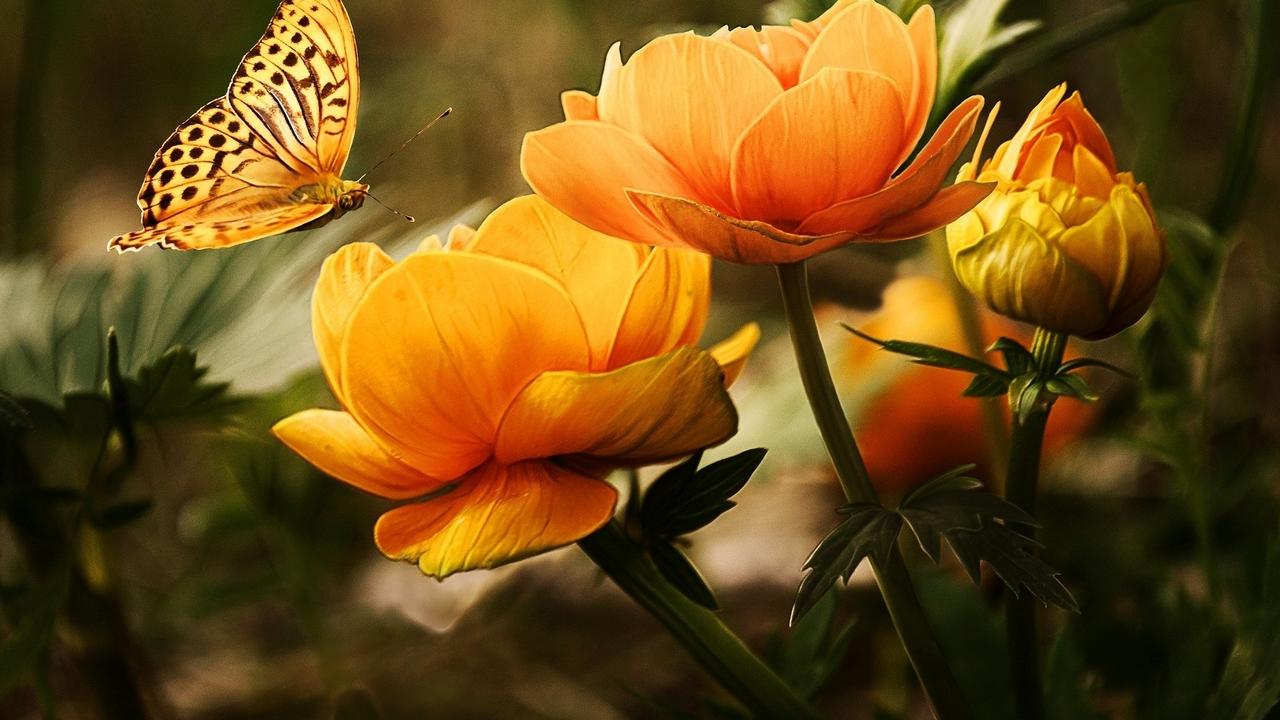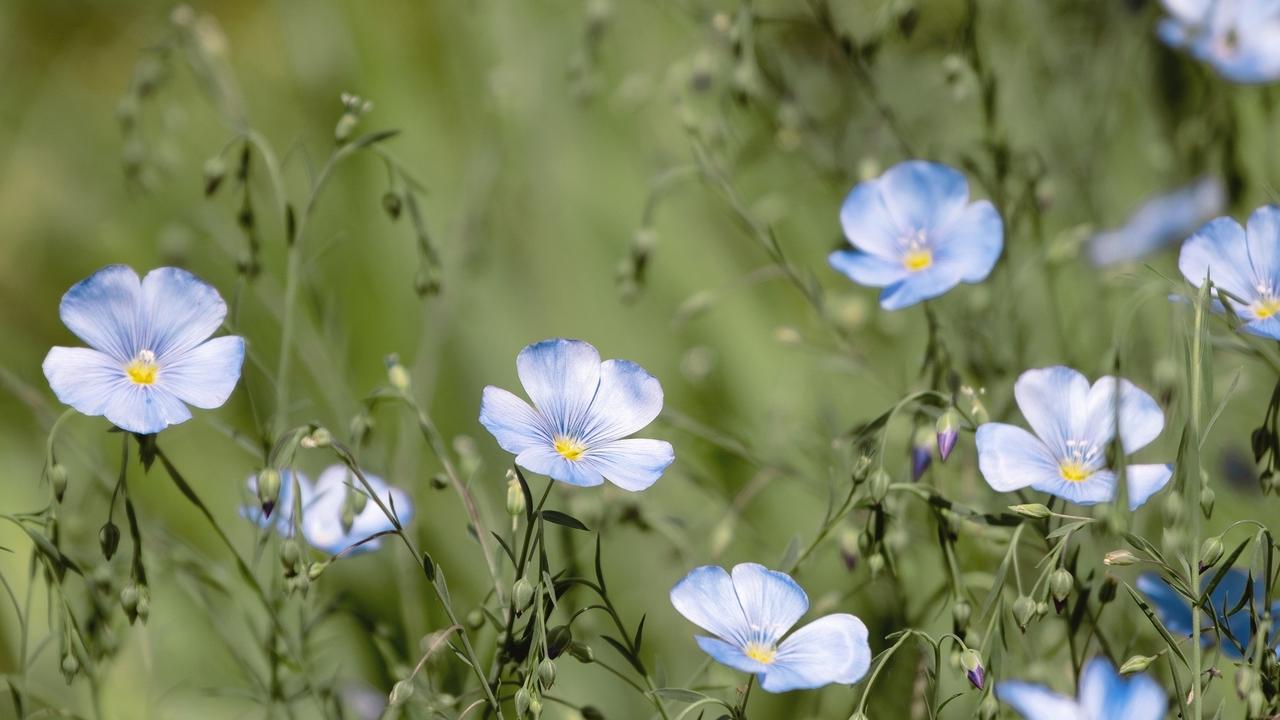Blog
The discomfort of self-awareness(DW #811)

Here is how Don Miguel Ruiz puts it in The Four Agreements: "The first step toward personal freedom is awareness. We need to be aware that we are not free in order to be free. We need to be aware of what the problem is in order to solve the problem."
Self-awareness, however, is not a comfortable feeling, ESPECIALLY before we have had a chance to address and change what we have become aware of.
"Encourage yourself by remembering that any detection of negativity within you is a positive act, not a negative one.Awareness of your weakness and confusion makes you strong because conscious ...
Learning to love the journey(DW #810)

The journey and the destination(DW #809)

The pursuit and the practice(DW #808)

Our purpose on this planet(DW #807)

Ancient roots of the concept of excellence and...(DW# 806)

It is interesting that for the Ancient Greeks, as well as for most other cultures (up to the modern age, that is) the pursuit of excellence was always tied to virtue and morality. Achievement and success were closely linked to good character and moral virtue.
Keep the flow going(DW# 805)

The Quran also reminds us that the obligation extends to include others in the bounties that we have been granted.
Human potential(DW#804)

Difference between Adl and Ihsan(DW#803)

What is Ihsan(DW# 802)

